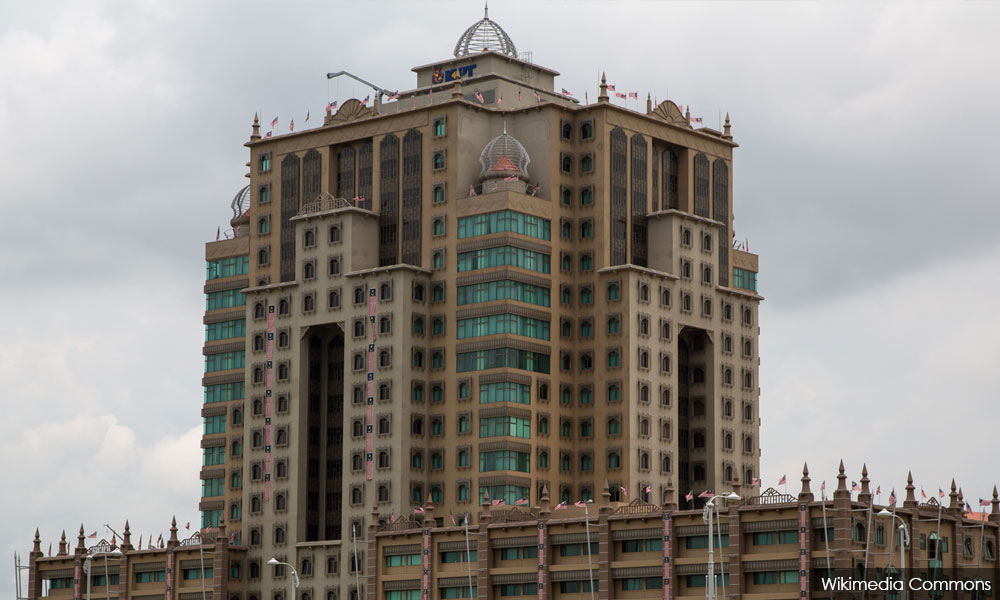LETTER | Malaysia is committed to United Nation’s Sustainable Development Goals 2030. And this includes equal education for all.
Malaysia also has obligations to protect and promote the rights of the child irrespective of their status and origin, as it has ratified the UN Convention on the Rights of the Child.
The Education Ministry revealed last year that a circular on the issue of stateless children had been sent to state education departments in March 2009.
The circular states that such children could register in any government or government-aided school if one of the parents was a Malaysian citizen.
So why is “Ah Mei,” a ten-year-old child born in Malaysia to a Malaysian father and Indonesian mother before they registered their marriage, forced to stop schooling just because the Immigration Department issued a letter on December last year imposing a new condition where stateless kids must now produce a passport for admission?
Why is Immigration contradicting the Education Ministry?

Darshana was adopted by a Malaysian couple when she was just a few days old.
B Ganesan and his wife have no idea who Darshana’s biological parents are.
But all three are now in a limbo as Darshana cannot go to school despite her being legally adopted.
These children cannot be denied their inherent right to education as the failure to address statelessness in the country lies with the government.
Amongst the more than fifteen million stateless persons around the world, stateless children are the most vulnerable.
This means they have no legal identity and little or no voice in influencing the society in which they live.
Stateless children are at greater risk of human trafficking, being used as drug mules, exploited by begging syndicates, forced into the underage sex industry and other forms of abuse.
We have an estimated 150,000 stateless children in Malaysia - kids of refugees or migrants plus ethnic Indians who are still struggling to prove they are Malaysians.
We can certainly do much more for them by addressing and challenging their statelessness through birth registration campaigns, pressure from the international community and policy changes.
But for now, the deputy prime minister and home minister should instruct the Immigration Department to revoke its outrageous policy and allow all children access to education immaterial of their birth origins.
The views expressed here are those of the author/contributor and do not necessarily represent the views of Malaysiakini.

